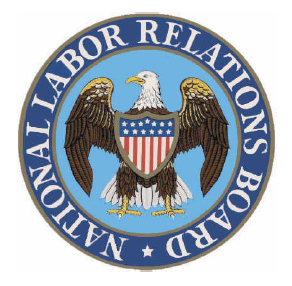There is no federal law prohibiting hiring decisions based on unemployed status. That being said, several states have recently taken it upon themselves to implement laws prohibiting this type of hiring discrimination, notably, the District of Columbia. In 2012, the District of Columbia passed a law which prohibits DC employers from failing or refusing to consider for employment, or failing or refusing to hire, an individual as an employee because of his or her unemployed status. DC employers should pay careful attention to this law as it essentially adds unemployed status as a protected category of discrimination. Presently, Virginia and Maryland do not have unemployed status as a protected category.
Though the federal discrimination laws have never applied to unemployed status, there is a movement through a new federal law that has been proposed to prohibit discrimination based on unemployment status nationwide. The proposed American Jobs Act would in essence provide the equally broad coverage of Title VII of the Civil Rights Act of 1964 to the unemployed. Essentially, if enacted, the American Jobs Act would prohibit unemployment discrimination in all facets of employment, notably hiring, to employers with 15 or more employees.
Congress has not yet approved this law; however, employers nationwide should pay careful attention to the proposed Act as it could significantly alter the hiring process. Even if not passed, employers should be aware of the growing trend from state legislatures to pass state specific laws prohibiting this type of discrimination. It is glowingly apparent that the hiring process has received much greater legislative attention, likely due to the increased unemployment and fewer hiring opportunities. Employers should regularly consult with their attorney to ensure whether or not their state prohibits this type of discrimination and update their employee handbook and hiring practices to be compliant with state and federal law.
The author, Nick Johnson, is an Associate Attorney with the DC region business law firm of Berenzweig Leonard, LLP. Nick can be reached at NJohnson@BerenzweigLaw.com.











